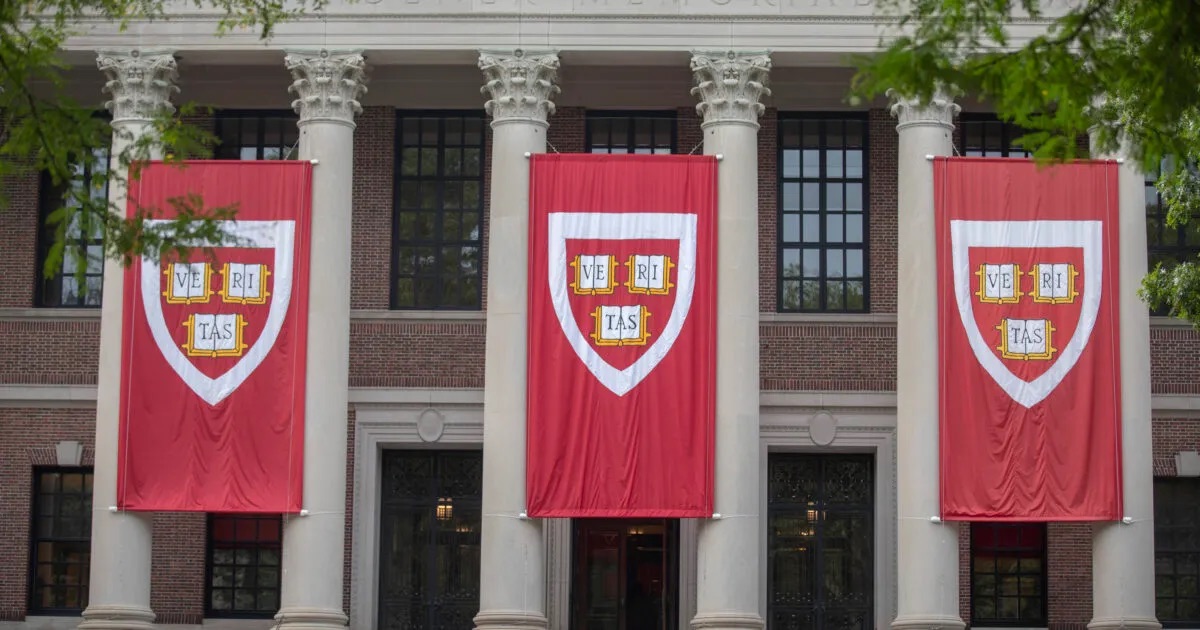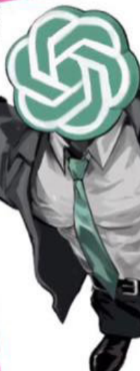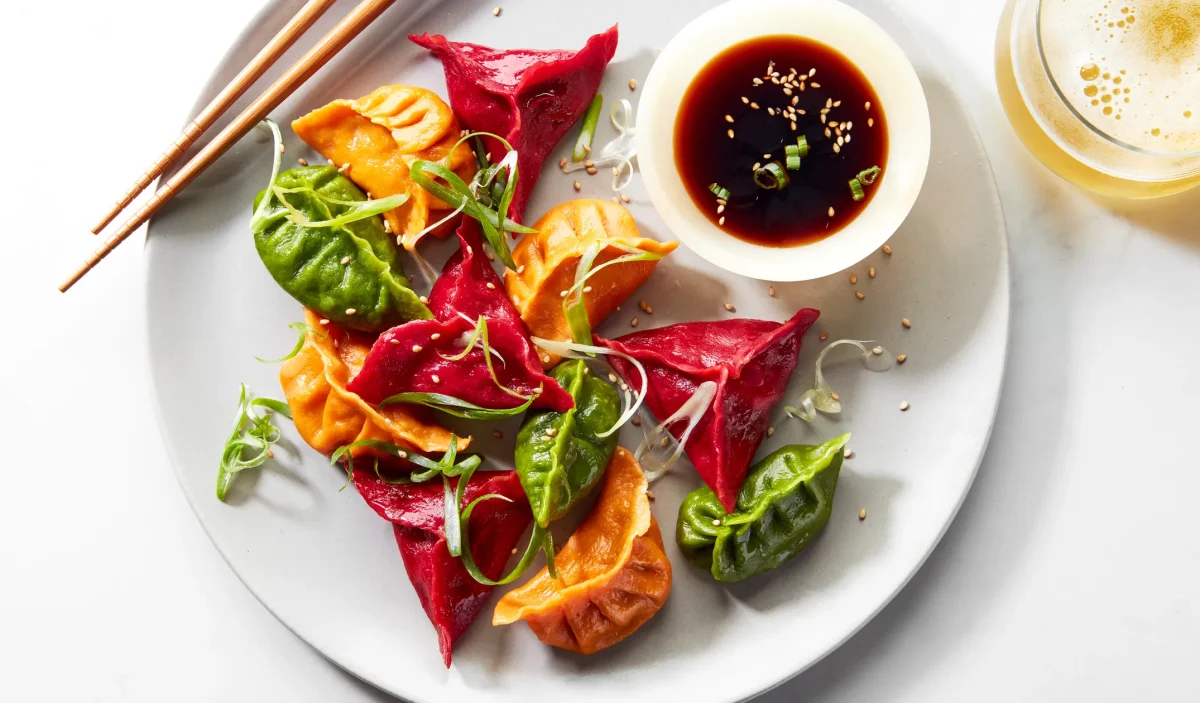As Lunar New Year comes to an end, here is a closer look at some of the most interesting cultural superstitions in Asia.
Superstitions are a huge part of cultures all around the world, and there are many unique ones in Asia. From unlucky numbers to untimely haircuts, here are a few interesting superstitions from Asia.
In Chinese culture, sticking chopsticks vertically into a bowl of rice is often considered to bring bad luck. This is because doing so resembles burning incense at a funeral, which symbolises death and mourning. Instead, chopsticks should be placed horizontally resting on the bowl, or on the side.
A shared superstition found both in China and Japan is numbers. Four is often considered an unlucky number because it sounds similar to the word for death in their respective languages. The number nine is also unlucky, as it is also a homophone, sounding identical to the word for suffering. Because of this, it is commonplace for elevators, hotels, and especially hospitals to avoid these numbers when numbering things.
An act that is believed to bring bad luck and spirits in Korea is whistling. While we often associate whistling with joy and happiness nowadays, many people still believe that whistling, especially at night, can attract ghosts, summon spirits, and other unearthly creatures. A toned-down version of this superstition is that whistling can also attract snakes.
Many households and businesses in India will often hang lemons and chillies near their doorway. This is believed to ward off the “evil eye”, and protect the people inside. However, there is a scientific backing to this belief. Due to the capsaicin in peppers and the sourness of lemons, the aroma does actually repel flies and mosquitoes, helping people maintain better health.
A Filipino superstition that is also prominent in other Asian cultures is sweeping at night. Sweeping at night is often frowned upon because it is thought that doing so can invite bad luck into the household. The act is symbolic of sweeping away good fortune and positive energy, so sweeping is often done during the day.
While a haircut may seem like a positive thing, cutting hair before or during the Lunar New Year is looked down upon in Vietnamese culture. Like many other Asian superstitions, this is also shared by many other countries that celebrate the Lunar New Year. This is because cutting your hair during the new year is thought to symbolize cutting away your fortune, so many people choose to wait for a haircut until after the new year.





